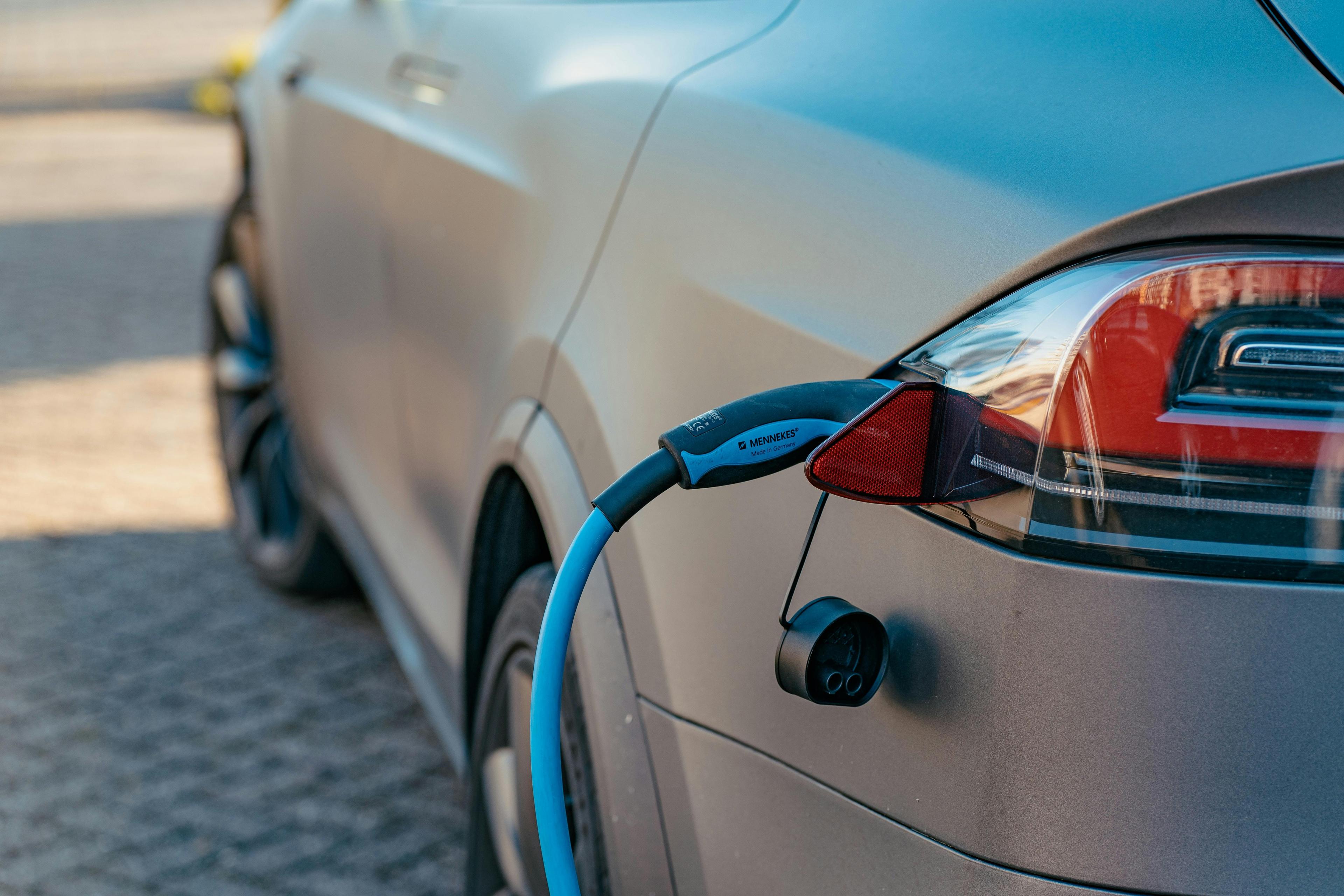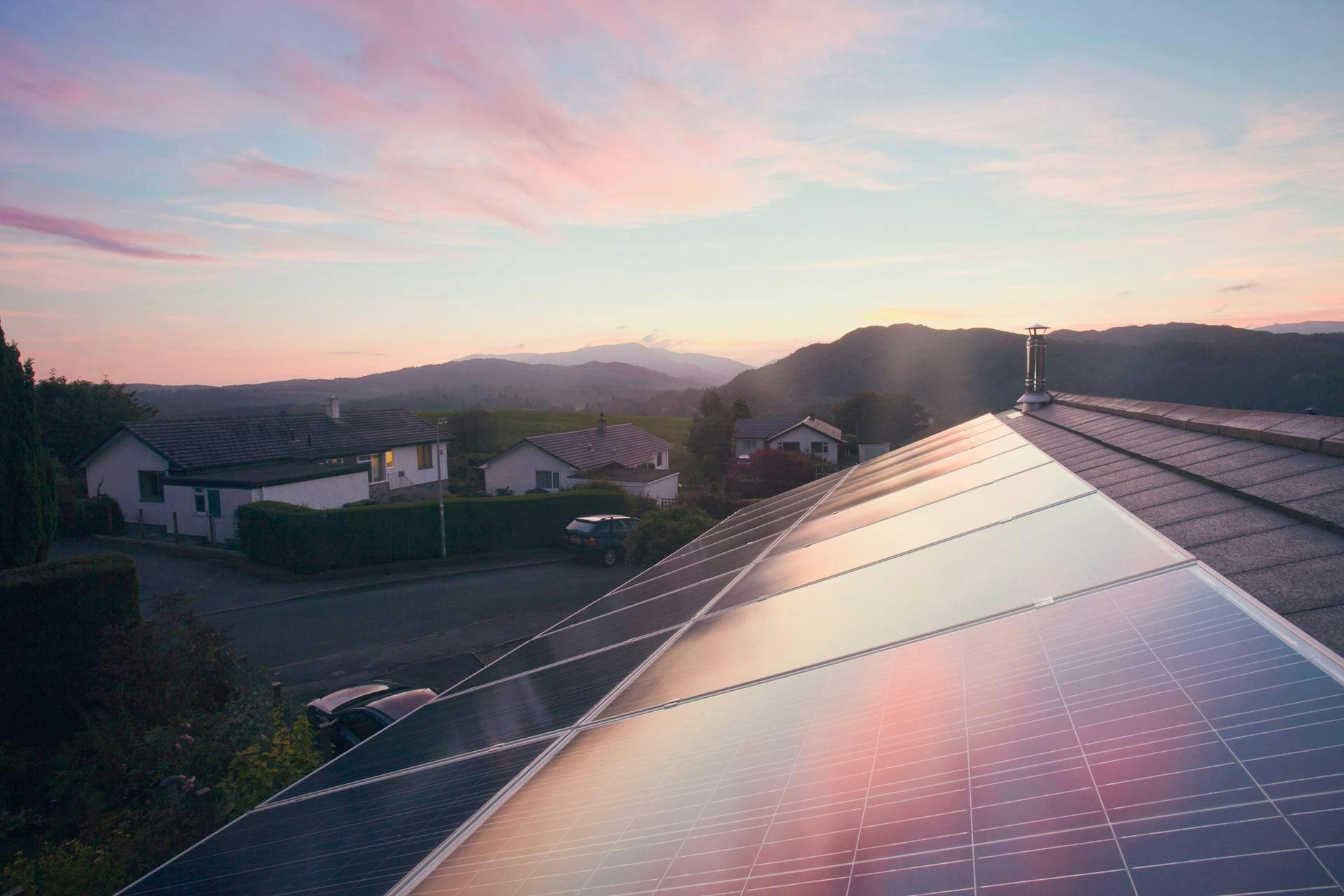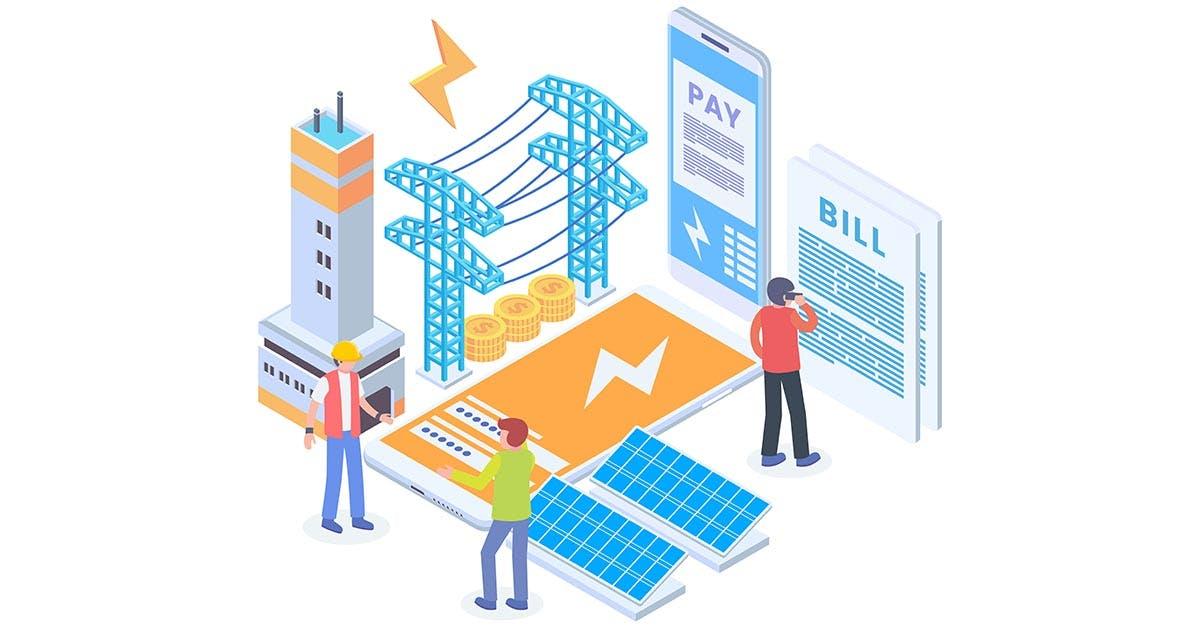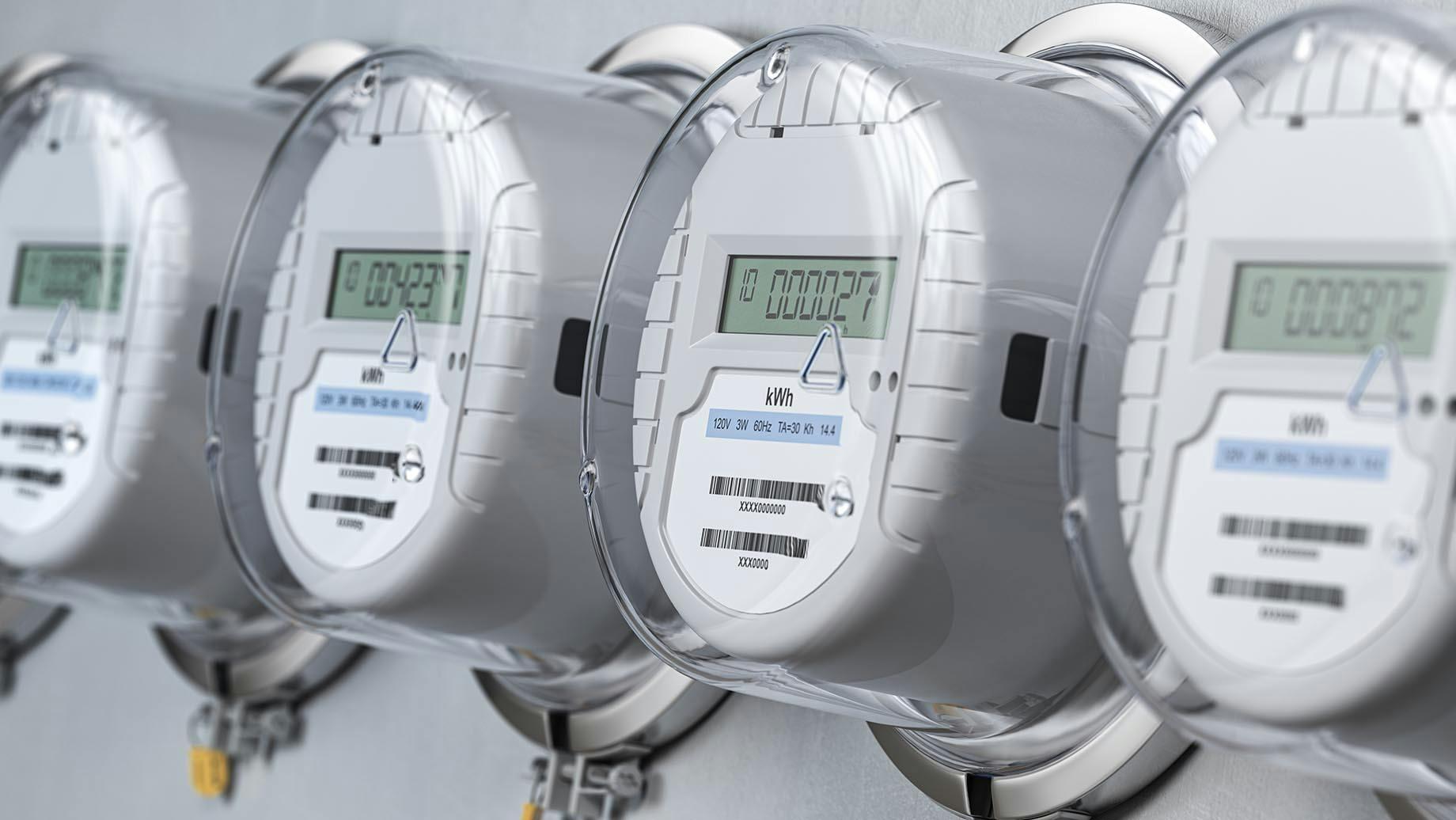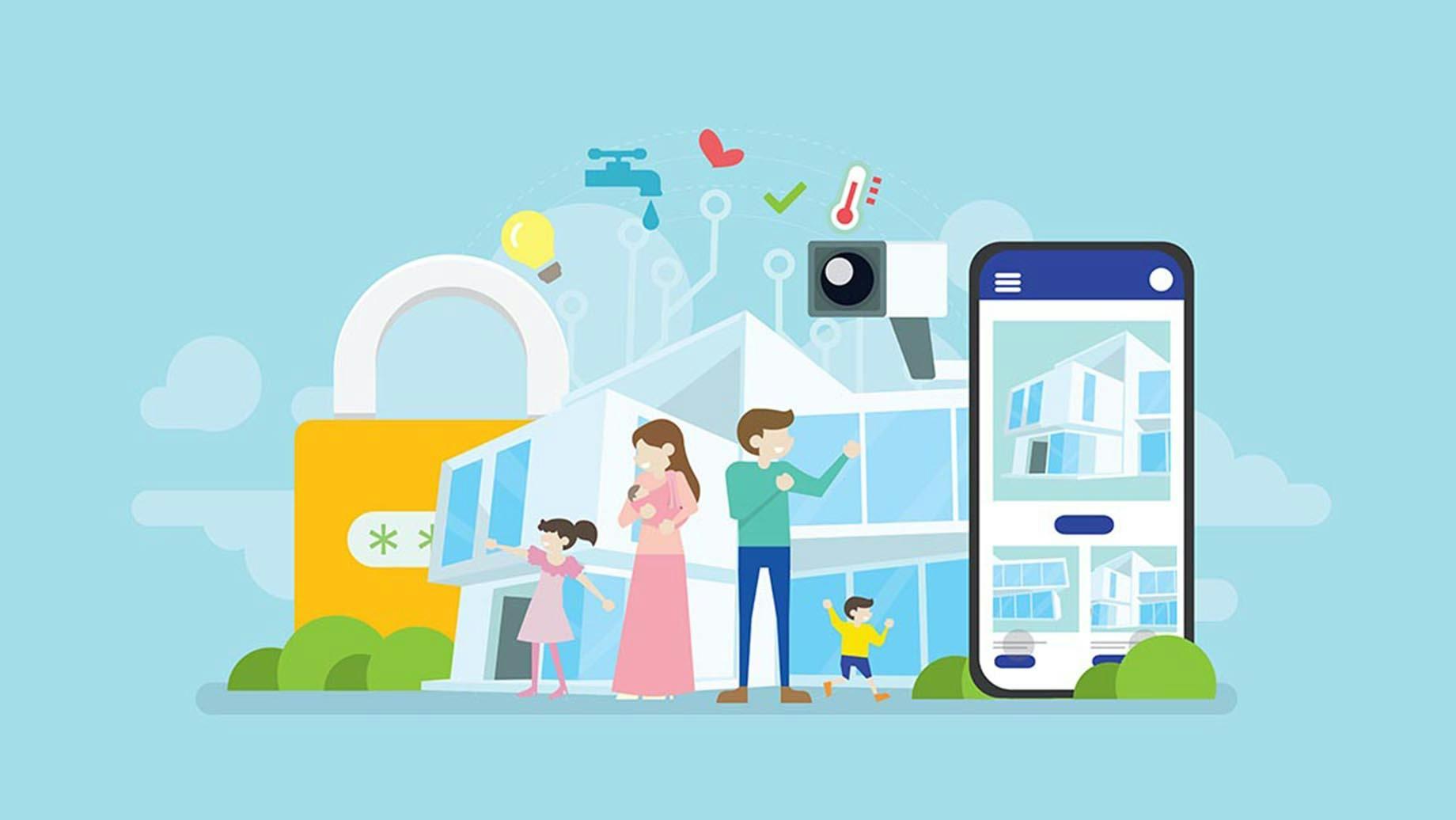
Common Utility Scams & What To Look For
Inspire Clean Energy
9 min read
category: Sustainable Living
Don't worry about climate change— do something about it.
Our clean energy plans are the easiest way to reduce your home's carbon footprint.
Switch to clean energyUnfortunately, there are plenty of people out there trying to take away your hard earned cash unethically. Scammers and con-men (and women) have done so from time immemorial, so it’s no surprise to know they’re trying to do so with utility bills, too.
We all think we are immune to scams and are too smart to fall for a fake, but there are some that are very sophisticated, know which buttons to push and how to extract money from even the most savvy and suspicious of us.
Utility scams, especially power bill scams, are a particularly rich area for success with these types of scams and you need always to be on your guard. Let’s examine the situation and help you to keep your defenses up and your money in your pocket!
What exactly are utilities?
What we mean by utilities in this context are electricity, water, gas, and sewage. These days, many add telephone and internet to that list.
They are necessities, and that’s precisely why they are ripe for scamming. The threat of being cut off is a powerful one and the fact that that’s an absolute last resort for a utility provider doesn’t seem to matter when you are being pressed to pay. That’s what scammers count on: the panic that you won't have heating, air conditioning or a way to cook. It makes you vulnerable, and all too many of us would rather pay a bill and have the problem go away rather than look at it too closely.
What is a utility scam?
Utility scams take many forms, but they all involve someone pretending to be a utility supplier and suggesting that either you haven’t paid a bill, or you have paid too much for electricity, or that you have to switch to them. The approach can be via email, on the phone or even a person at your door. Power company scams are on the increase, and it’s important to know how your utility companies will approach you.
Never forget that the fraudsters will seem completely plausible. They will have done their homework and will sound professional and convincing. They will appear in the correct uniform, carry the right tools, and hold some sort of identification. They’ll use plausible domain names and email addresses.
It is up to you to be wary of any and every approach and check that it is legitimate. Many, many intelligent, sensible people have been taken in. That’s why the scammers continue. If it didn’t work they wouldn’t do it. If ever in doubt, end the interaction (whether that means stepping away from an email, ending a call, or leaving someone on your doorstep) and give your utility company a call. They’ll tell you if it’s legitimate or not.
It's also just good practice to never let someone unexpected into your home, especially if you’re renting and they try to tell you your landlord arranged the visit. Always leave them on the doorstep, lock the door, and call someone to find out if it’s legitimate. If it’s not, the chances are they’ll leave when you show suspicion anyway.
Common warning signs of utility scams
Here are a few easy signs you can look for:
- They don’t address you by name
- They ask you to sign in or reconfirm your details including sensitive information
- You can’t find any evidence of what they’re talking about when you login to your account online
- Their email address doesn’t seem legitimate or is a standard email such as gmail
- Their email signature has been copied and pasted and is not formatted properly (this goes for logos too)
- It comes at an irregular time or is completely unexpected and feels rushed
- The money they’re asking for (or offering to send you) is a small enough amount to seem fair and not risky
- They don’t seem to actually know much about you below the surface details
- Any gut feeling that something isn’t right – listen to your intuition!
Can electric bills be wrong?
Of course electric bills can be wrong. We’ve all heard the stories of people being charged thousands of dollars when they have only used a couple of hundred dollars’ worth of electricity. But the reason we hear these stories is that they are unusual. Inaccurate electricity bills do happen, but they are very much not the norm. Don’t be suckered into believing your bill is wrong, not without strong proof from your electricity provider.
If you think a mistake has been made contact the company yourself and find out the truth. Don’t leave yourself open to a third party intervening.
How do you tell if a company is scamming you?
Always question any unexpected demand from a utility company. Check and double check by phoning the company directly. Find the number yourself, don't just use one given to you. The fraudsters are not amateurs, they do this every day, 24/7 and are good at it. Whenever you get an unexpected communication from a utility company, question its validity. Sure, it might be genuine, but, equally, it might not. Always be vigilant.
What are the common forms of utility scams?
Scams based on your utilities can be divided into five categories:
#1 - Phone call scams Phone calls are essentially anonymous, and the scammers use this to their advantage by being aggressive and intimidating. You can’t see the person, have no idea where they are, and are instantly on the back foot.
They will tell you that you are behind on your electricity or gas payments, that you are in arrears and that you are in danger of being cut off. If you are out you may receive a message specifying a specific amount of money and giving you a phone number to ring back. Don’t! Electricity scams are a growing concern.
If you are talking to someone and aren’t sure whether to trust them, tell them you’re going to ring them back. If they start telling you that they’ll have your power shut off or that something else will happen if you don’t pay right now, they’re lying to you.
Put the phone down and call your supplier. Same goes if they say they want to give you a refund – put the phone down and call your utility company.
#2 - Power shut off/restoration In this scam they will pretend to be representatives of your usual provider and that unless you pay a certain amount of money then they will cut your power. Often this will come in an email and it will look very like a communication from the actual company. The essence is pay up or lose your power.
Often they will ask for your bank details but sometimes they will request a payment that is harder to trace, a wire transfer or as cryptocurrency, for example. If they come to your door they may demand cash.
There are several clues that should alert you that you are being scammed. If someone comes to your door demanding money, it’s a scam. Utility companies will always give you reasonable time to pay, and rarely shut off power. Any suggestion of an unusual form of payment should be a red flag.
If the approach is made in an aggressive or threatening way, again it’s not a genuine utility company. Also, if the demand comes out of the blue you can be assured that it is not genuine. Don’t be pushed into paying without prior notice. A variation of this where the same tactics are involved occurs when a neighborhood has lost power due to a storm or other disaster. People dressed as company employees will go door-to-door demanding payment for power restoration. Think that can’t happen – it does!
#3 - Made up federal programs The communication can come in any form but suggests that a “special federal program” can help you meet your energy bills. When you are hooked they organize it so that your payments go directly into a false bank account, collecting your money while your legitimate bills go unpaid.
There may be state run programs to help with utility bills but there are no federal ones. And those that are available don’t come knocking at your door. No one is giving away assistance in this way. Be suspicious of anyone offering unapplied for assistance.
#4 - Utility repair or replacement This is really just a way for thieves to get access to your home. They will pose as employees of your energy utility company, be warned, they will be convincing, ostensibly to repair or replace equipment. “We need to look at your meter or fuse box.” All they want is the opportunity to steal your stuff.
Always ask for ID from anyone who wants to enter your home and don’t grant them access unless they can prove they are genuine. If they ask to see your energy bill they are scammers – the utility company already has all the details they need.
#5 - Door-to-door Door-to-door is a legitimate and personal way of selling, but an unfortunate result of the deregulation of energy markets is fake energy sales. Always ask for ID and read all your information thoroughly. These days, most door-to-door salespeople can point you online if you’re interested in what they have to offer if you aren’t willing to give your information in person. Your intuition will always help you in these situations.
How to prevent utility bill scams from happening to you
Scams have always existed. Modern technology has given scammers a boost in the number of different avenues of approach, and utilities have been targeted in a big way.
Just be certain that any communication from your providers is genuine. Check every phone number, email, website and ID and trust no unexpected email, visit or message. Utility companies know how to deal with their customers, and tend to be forgiving and generous. Sure, they want a profit but they live in the real world.
If you get unreasonable demands be suspicious. Never give out account details without being absolutely certain they are going to a legitimate source.
If you are interested in working with a real renewable energy company that provides clean energy to homes and businesses, learn how you can switch to renewable energy with Inspire today!
Don't worry about climate change— do something about it.
Our clean energy plans are the easiest way to reduce your home's carbon footprint.
Switch to clean energy
Inspire Clean Energy
We're on a mission to transform the way people access clean energy and accelerate a net-zero carbon future.
Learn more about Inspire →Explore more
Recent Posts
Top Articles



